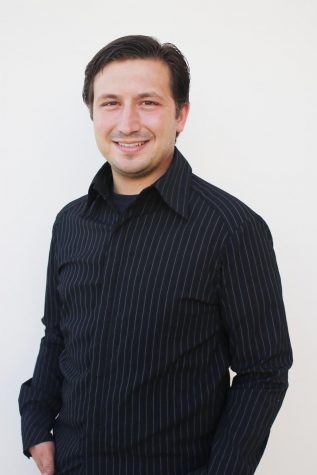In 1889, Alexis de Tocqueville, a French diplomat and political scientist, penned “Democracy in America”—not only the greatest book on America, but also the greatest book on democracy. A portion of the closing chapters are devoted to imagining the nature of a usurpatious democracy.
Tocqueville imagines two monstrous subversions of democracy that come not as men robed in tattered cloth, nor even as angels of light, but as friends gratifying our desires. Through our vote and consent, our democracy becomes our parent. And, if we do not fight against these urges, we will become unfit to elect our representatives and instead elect our masters.
OUR DEMOCRACY BECOMES OUR PARENT
Tocqueville imagines that the government will become our parent in two ways: through reorientation and through re-obligation.
First, we will reorient our political focus. Tocqueville’s argument is that political reorientation begins when we no longer know our neighbors. Somewhere along the road of democracy, our political focus changes away from our community and toward our government—away from those who compose our government to government itself. Tocqueville writes,
“[H]e is close to them, but he sees them not—he touches them, but feels them not; he exists but in himself and for himself alone; and if his kindred still remain to him, he may be said at any rate to have lost his country.”
We lose our country because a democracy must represent the balanced desires of the country’s citizens. When we fail to know our neighbors—who they are, what they do, their likes and dislikes—we fail as citizens to view our democracy as a representation of its citizens. We replace this consideration for our neighbor for the only consideration available to us: our own desires.
And second, we will place the burdens of our neighborly affection and dialectic upon the shoulders of our government. Instead of looking to our neighbors to assist our living or contribute to our thinking, we will look to the government. But the government, elected by our own selfish desires, becomes an elected echo chamber. He writes,
“It would be like the authority of a parent, if, like that authority, its object was to prepare men for manhood; but it seeks on the contrary to keep them in perpetual childhood: it is well content that the people should rejoice, provided they think of nothing but rejoicing.”
We not only elect a government to provide for our own selfish desires, but they in turn are given the authority to parent us as spoiled children—only providing what we desire.
WE WANT TO BE LED, BUT WE WANT TO BE FREE—WE COMPROMISE
Tocqueville argues that what is most horrifying is not that this vision of democracy is repugnant, but that it appeals to our most basic desires. He writes,
“Our contemporaries are constantly excited by two conflicting passions; they want to be led, and they wish to remain free: as they cannot destroy either one or the other of these contrary propensities, they strive to satisfy them both at once.”
We want a government to lead us, and we want a government to provide us freedom. But instead of denying either one, we seek to strike a palatable compromise. We devise an all-powerful government elected by the people.
It comes at a steep cost. We imagine it possible to be utterly dependent and utterly free, but this is false. We have surrendered all of our freedom.
WE LOSE OUR ABILITY TO GOVERN
We lose our freedom because we lose our ability to self-govern. All of the tests and experiences that produce wise self-governance among its citizens—the difficulty in thinking and the hardships of living well—are “resolved” by our nation-parent. And when that is gone, we are no longer able to see who we shall elect to allow us to continue to self-govern.
As Americans we should be concerned with what we expect from our government because what we expect from our government may rob us from our humanity. If America is to fall, it will not fall to the vices of a tyrant, it will be hoodwinked by our election of guardians and saviors.








